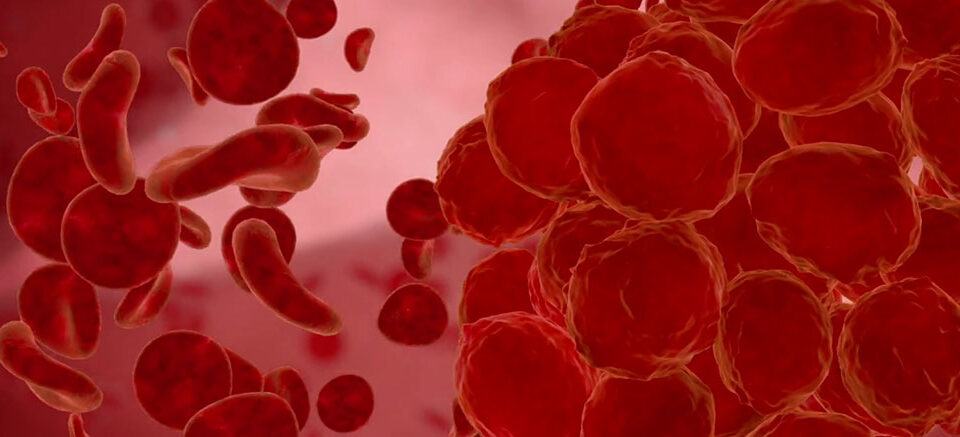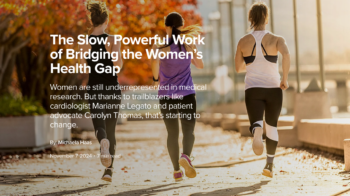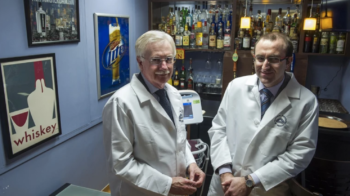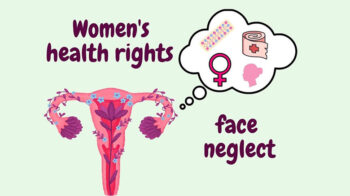Founded in 1998 which revealed that the organs of men and women are different and can’t be treated the same.
The 2025 Foundation for Gender-Specific Medicine's Gala
Learn MoreThe Foundation for Gender-Specific Medicine
We know the difference
We know the difference
Sex does matter. It matters in ways that we did not expect. Undoubtedly, it also matters in ways that we have not begun to imagine.
Biological gender and environment profoundly impact the way genes function and, as a result, the very structure and composition of tissues and organs.
The Foundation for Gender Specific Medicine (FGSM) is a New York based non-profit organization that supports the investigation of the ways in which biological sex and gender impact normal human function. Men and women experience many of the same diseases differently. Gender-specific science produces lifesaving insights into human physiology and improves healthcare for all.

Founded in 1998 which revealed that the organs of men and women are different and can’t be treated the same.

Supporting original scientific research in gender-specific medicine.

We have authored several books explaining the difference in male and female physiology and why biological sex is so important in defining human function.
We have authored several books explaining the difference in male and female physiology and why biological sex is so important in defining human function.
We have authored several books explaining the difference in male and female physiology and why biological sex is so important in defining human function.

Women are still underrepresented in medical research. But thanks to trailblazers like cardiologist Marianne Legato and patient advocate Carolyn Thomas, that’s starting to change

It’s becoming clear that obesity drugs might suppress addiction in ways related to how they suppress appetite. For appetite control, animal studies suggest that the drugs act predominantly on GLP-1 receptors on neurons located in the hypothalamus and the hindbrain. These regions regulate functions such as hunger, body temperature and heart rate.

“Closing the gap would give the 3.9 billion women in the world today an extra seven healthy days a year, or an average of 500 days over a lifetime.” Sheila Uria Veliz and Mehek Bapna are not related, at least not by blood, but they share something similar. Both young women had their teenage years upended by debilitating illnesses that took years to diagnose.